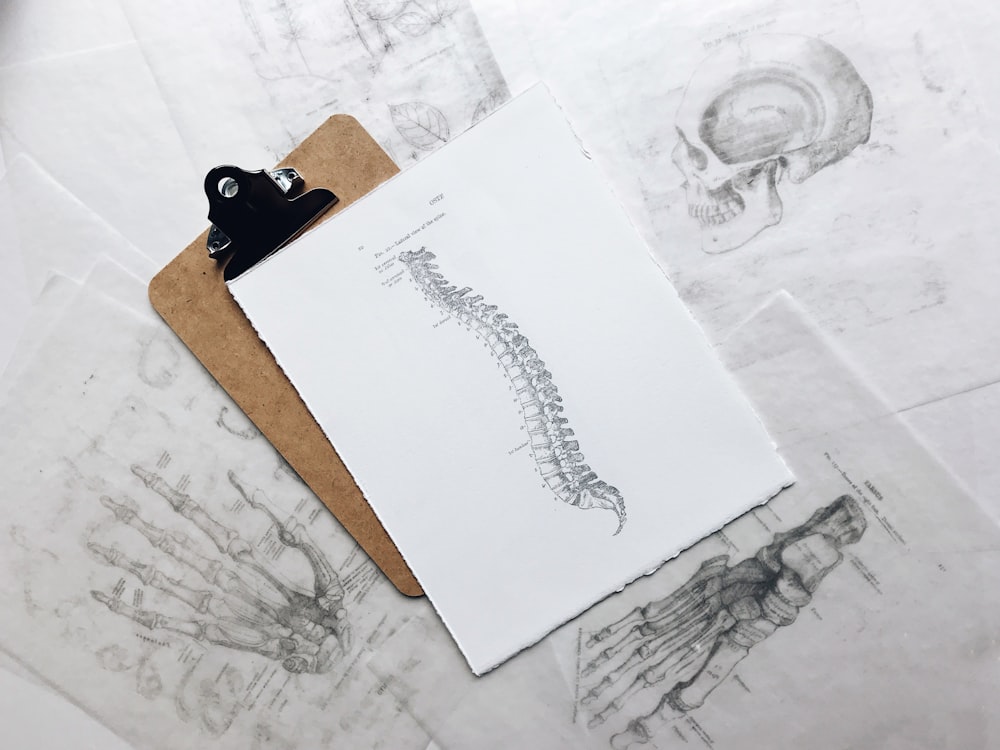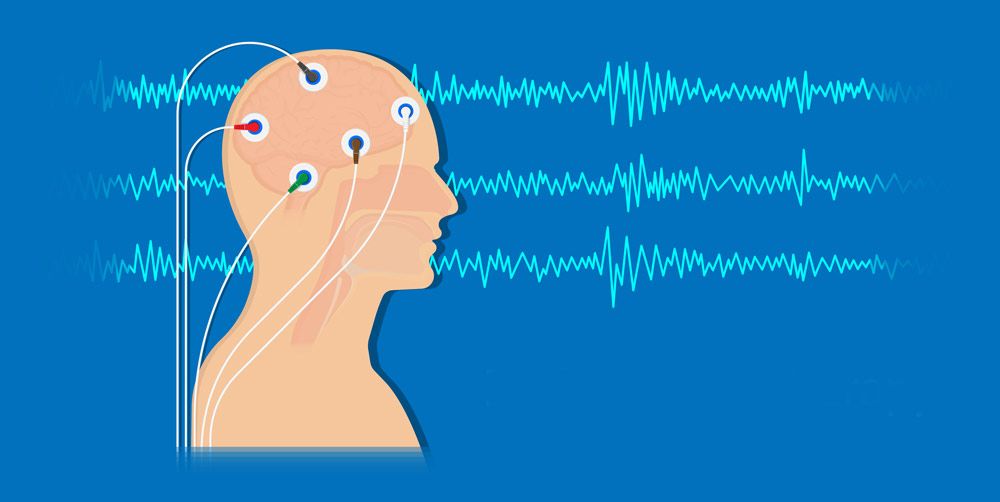
Energize Your Day 10 Morning Habits for Optimal Fitness
Introduction:
Starting your day off on the right foot can set the tone for the rest of your day. When it comes to fitness and overall wellbeing, establishing healthy morning habits can make a significant difference. By incorporating simple yet effective practices into your morning routine, you can boost your energy levels, enhance your physical and mental health, and set yourself up for success in reaching your fitness goals. Here are 10 morning habits to help you energize your day and optimize your fitness journey.
1. Rise and Shine with Purpose:
Instead of hitting the snooze button repeatedly, wake up with intention. Set a specific time to rise each morning and stick to it consistently. By establishing a regular wake-up time, you can regulate your body’s internal clock and improve your overall sleep quality. Start your day with a positive mindset, focusing on the opportunities that lie ahead and the goals you aim to accomplish.
2. Hydrate Your Body:
After a night of rest, your body is naturally dehydrated. Kickstart your morning by rehydrating with a glass of water. Adding a squeeze of lemon can further aid in digestion and provide a refreshing boost of vitamin C. Staying hydrated is essential for maintaining optimal bodily functions, including metabolism and cognitive performance.
3. Stretch and Move:
Upon waking, take a few minutes to stretch your body and get your blood flowing. Gentle stretches can help alleviate stiffness, improve flexibility, and prepare your muscles for the day ahead. Incorporating light exercises such as yoga or tai chi can also help awaken your body and mind, promoting a sense of balance and wellbeing.
4. Fuel Your Body with Nutritious Breakfast:
Breakfast is often hailed as the most important meal of the day, and for good reason. A well-balanced breakfast provides the necessary nutrients and energy to kickstart your metabolism and sustain you until your next meal. Aim for a combination of lean protein, healthy fats, and complex carbohydrates to fuel your body for the day ahead. Options like oatmeal with nuts and fruit, Greek yogurt with granola, or a vegetable omelet are excellent choices.
5. Practice Mindfulness and Gratitude:
Take a moment during your morning routine to practice mindfulness and gratitude. Whether through meditation, deep breathing exercises, or simply reflecting on what you’re thankful for, cultivating a sense of mindfulness can help reduce stress and increase overall happiness. Starting your day with a positive mindset can set the tone for a productive and fulfilling day ahead.
6. Set Daily Intentions:
Before diving into your daily tasks, take a moment to set intentions for the day. Identify one or two key goals or priorities that you aim to accomplish. By setting clear intentions, you can focus your energy and attention on what truly matters, increasing your productivity and sense of fulfillment.
7. Plan Your Workout:
If you prefer to exercise in the morning, take some time to plan your workout ahead of time. Whether you’re hitting the gym, going for a run, or following an at-home workout routine, having a plan in place can help you stay motivated and accountable. Lay out your workout clothes the night before to streamline your morning routine and eliminate any excuses for skipping your workout.
8. Limit Screen Time:
In today’s digital age, it’s tempting to reach for your phone or tablet as soon as you wake up. However, excessive screen time first thing in the morning can lead to increased stress and distraction. Instead, try to limit your exposure to screens and social media until after you’ve completed your morning routine. Engage in activities that promote relaxation and focus, such as reading, journaling, or enjoying a leisurely breakfast.
9. Practice Proper Posture:
As you go about your morning activities, pay attention to your posture. Poor posture can contribute to aches, pains, and decreased energy levels throughout the day. Focus on maintaining proper alignment and engaging your core muscles while sitting, standing, and walking. Incorporating simple posture exercises and stretches into your morning routine can help improve your posture over time.
10. Express Gratitude and Affection:
Before heading out the door, take a moment to express gratitude and affection to your loved ones. Whether it’s a quick hug, a heartfelt “I love you,” or a simple thank you, expressing appreciation can strengthen your relationships and foster a sense of connection and happiness. Starting your day on a positive note can set the tone for meaningful interactions and emotional wellbeing.
By incorporating these 10 morning habits into your daily routine, you can energize your day, optimize your fitness journey, and cultivate a greater sense of health and wellbeing. Remember, consistency is key, so stick with these habits and adjust them as needed to suit your individual preferences and lifestyle. With dedication and intention, you can transform your mornings into












